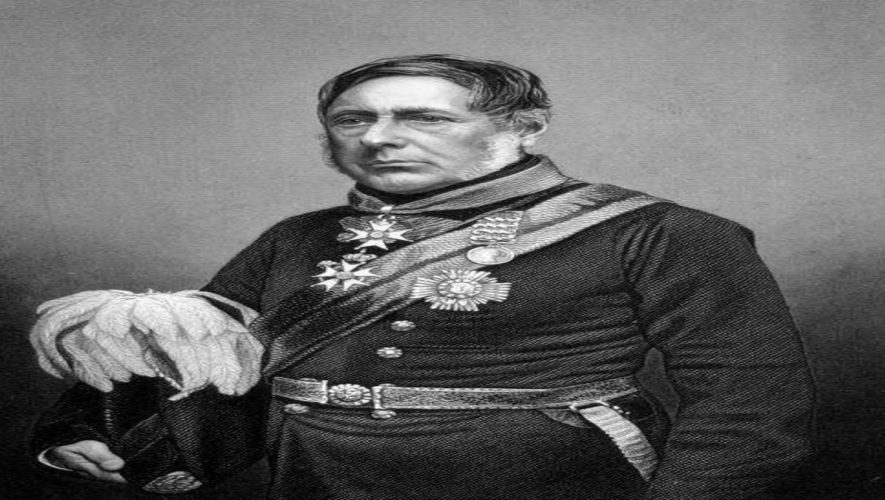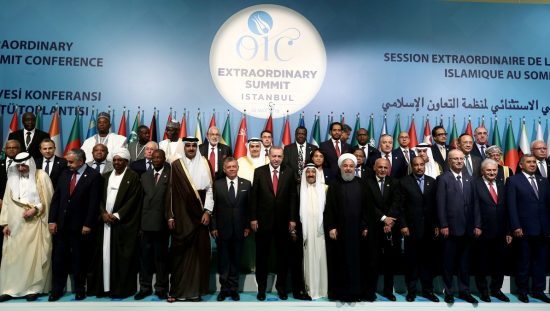Lord Macaulay submitted his minute to the Governor General in Council where Lord William Bentinck was the Governor General of that Council. Lord William Bentinck accepted Macaulay’s minute or opinions towards the language of education for India. On 7th March 1835, the minute of Lord Macaulay was passed as a resolution by the Governor General. The orders or resolutions of Bentinck were:
- “His Lordship-in-Council is of the opinion that the great object of the British Government ought to be the promotion of European literature and science among the natives of India; and that all the funds appropriated for the purpose of education would be best employed on English education alone.
- But it is not the intention of His Lordship-in-Council to abolish any college or school of native learning, but no stipend shall be given to any student that may hereafter enter any of these institutions, and when any professor of oriental learning shall vacate his situation, the committee shall report to the Government the number and state of the class in order that the Government may be able to decide upon the expediency of appointing a successor.
- It has come to the knowledge of the Governor-General in-Council that a large sum has been expanded by the committee on the printing of oriental works; his Lordship-in-Council directs that no portion of the funds shall hereafter be so employed.
- His Lordship-in-Council directs that all the funds which these reforms will leave at the disposal of the committee be henceforth employed in imparting to the native population a knowledge of English literature and science through the medium of the English language; and his Lordship-in-Council request the committee to submit to Government with all expedition, a plan for the accomplishment of this purpose.”
In short, The main resolutions of Bentinck policy are in the followings:
- English to become the medium of instruction in Indian education.
- A total ban in investment of any fund on printing of oriental works.
- Investment of all the funds for education in the improvement of English literature and science only.
- A vacant post of any teacher in oriental learning would be filled only after the Government finds it expedient
Effects of The Bentinck Policy
- The Bentinck Policy made the resolution of Macaulay’s views on the stress of English language as a medium of instruction.
- In the orders of Bentinck policy, the whole focus was given to invest all the expenditure of education in improvement of English literature and science only.
- The resolution which was made by Bentinck, ordered to ban for investing any fund on the printing of oriental works.
- One of the order of the resolution was that, a vacant post of any teacher in oriental learning would be filled only after the Government finds it expedient.
Thus, these orders which are discussed in the above points were made the confirmation in implementing the English as a medium of instruction. As a result of the resolution; there were established Zilla schools in the Principal towns of the presidencies where literature and science were taught through the medium of English language. The policy of Lord William Bentinck in the field of higher education made obstacle to invest any expenditure on vernacular teaching, as a result of this policy, in Government vernacular schools, the use of vernacular language as a medium of instruction was prohibited.
Courtesy: KKHSOU
OTHER RELATED POSTS



